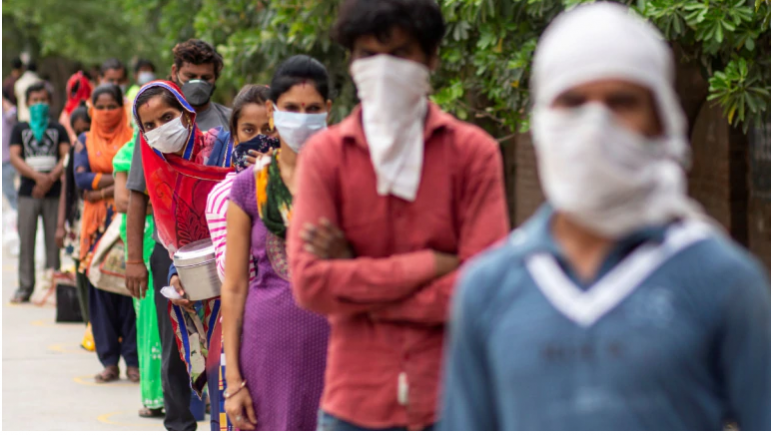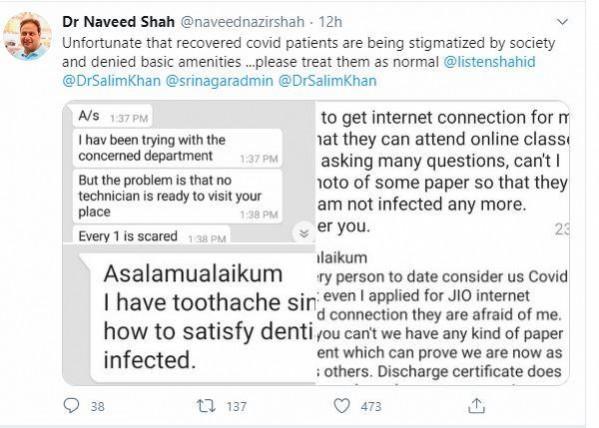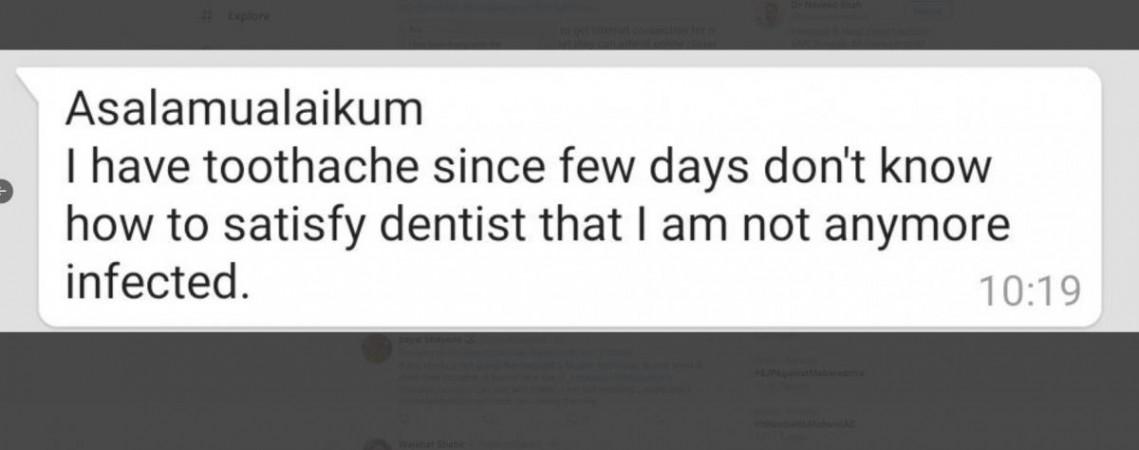The novelty and the likelihood of developing life-threatening infection due to the new coronavirus are fomenting apprehension in people, unlike any other disease that panned the humanity in recent history.
Little information about the virus and its highly contagious ability is pushing people to take extreme measures in self-preservation.
The level of doubt is so high in the society that many who have been declared virus-negative are finding it difficult not to be discriminated simply for being the suspect.

Like in all other regions in the country, people in the UT of Jammu and Kashmir are also witnessing a similar trend. There have been reports of people who at one point were either a suspect of coronavirus or are now recovered are being denied help from people and service providers alike.
In the absence of any medical documentation to show that they are now virus-free, they are finding it challenging to avail even the basic services like visiting a doctor or getting an internet connection installed at their place.
Request for help
Few of them have taken to Twitter to vent out their helplessness and to request authorities to help them in that regard. Dr Naveed Shah who is a professor & Head at Chest disease hospital, GMC, Srinagar, shared the posts of few such people.

According to one person on Twitter, despite having toothache he could not convince the dentist to see him as the latter doubted him of still being infected with the disease.

Others complained of not being able to avail internet connection despite the government lifting the ban on the internet in the valley. They grumbled of not being able to access credible information regarding the virus and the treatment or help their children in taking online classes.
Ill-equipped healthcare system
Ever since the first case of coronavirus virus was identified in the region there had been apprehension that the situation could get worse as the health care system in the UT was ill-equipped to handle the pandemic.
Click here for coronavirus related stories
While the doctors and health experts scrambled to deal with coronavirus pandemic with whatever little resources they had at their disposal, it was well understood by the society that the infrastructure is not robust and as the cases would increase the hospitals would not be able to treat all the patients.

The government too realise this and have therefore imposed the lockdown to minimise the number of coronavirus cases in the region. Apprehension along with poor infrastructure and weak spending power has led people to be extremely cautious of any contact with coronavirus suspect or patient.
Poor Internet connection
The situation was has become more complex as there is no fast speed internet in the J&K. The region that was already under lockdown for seven months and has recently seen partial uplift of the restrictions, has still not been approved to get a fast speed internet connection. This has compounded the confusion as people are not able to access reliable information. They are also not able to avail many essential services like internet banking, consulting doctors and attending online classes.

Being able to avail these services is more problematic for those who had been under quarantine or isolated for the virus at the hospital but are now discharged. Fear of them still being infected is keeping people away from coming in contact with them.
Any request from such people is generally being ignored both by public and services providers.
One such person complained that he is not able to get internet connection installed at his place as no one is willing to come to his place to install the device.
In abscess of reliable information about the disease, the possibility of receiving no or misinformation could foster fear and prejudice in people. This is what we are witnessing now.
As of on Sunday, the UT of J&K has recorded over 639 confirmed cases and 8 deaths related to COVID-19 in the region.










